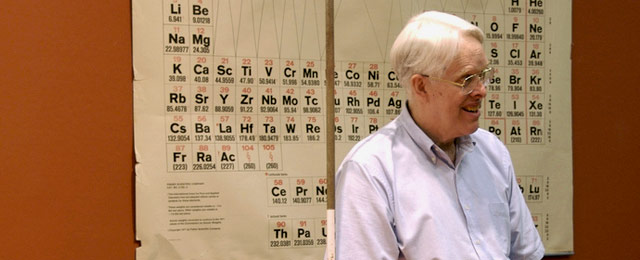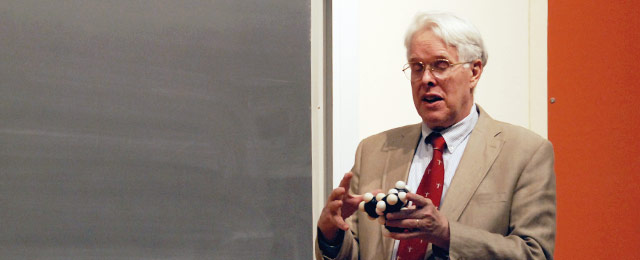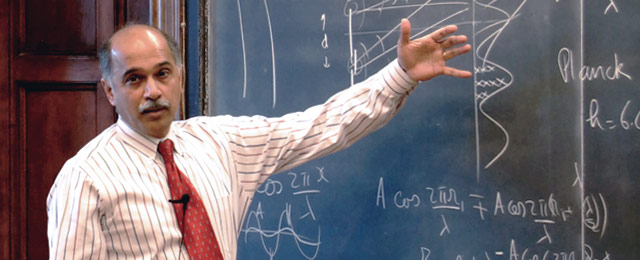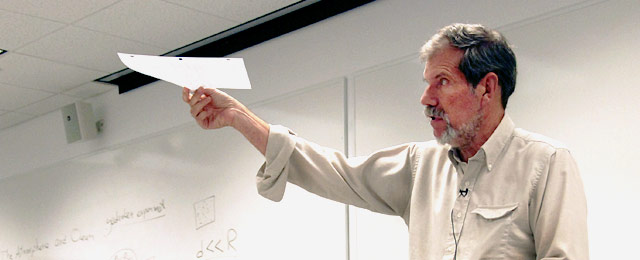Online courses directory (7)
There is one thing I can be sure of: I am going to die. But what am I to make of that fact? This course will examine a number of issues that arise once we begin to reflect on our mortality. The possibility that death may not actually be the end is considered. Are we, in some sense, immortal? Would immortality be desirable? Also a clearer notion of what it is to die is examined. What does it mean to say that a person has died? What kind of fact is that? And, finally, different attitudes to death are evaluated. Is death an evil? How? Why? Is suicide morally permissible? Is it rational? How should the knowledge that I am going to die affect the way I live my life?
This course consists of an international analysis of the impact of epidemic diseases on western society and culture from the bubonic plague to HIV/AIDS and the recent experience of SARS and swine flu. Leading themes include: infectious disease and its impact on society; the development of public health measures; the role of medical ethics; the genre of plague literature; the social reactions of mass hysteria and violence; the rise of the germ theory of disease; the development of tropical medicine; a comparison of the social, cultural, and historical impact of major infectious diseases; and the issue of emerging and re-emerging diseases.
This is the first semester in a two-semester introductory course focused on current theories of structure and mechanism in organic chemistry, their historical development, and their basis in experimental observation. The course is open to freshmen with excellent preparation in chemistry and physics, and it aims to develop both taste for original science and intellectual skills necessary for creative research.
This is a continuation of Freshman Organic Chemistry I (CHEM 125a), the introductory course on current theories of structure and mechanism in organic chemistry for students with excellent preparation in chemistry and physics. This semester treats simple and complex reaction mechanisms, spectroscopy, organic synthesis, and some molecules of nature.
This course provides a thorough introduction to the principles and methods of physics for students who have good preparation in physics and mathematics. Emphasis is placed on problem solving and quantitative reasoning. This course covers Newtonian mechanics, special relativity, gravitation, thermodynamics, and waves.
This course explores the physical processes that control Earth's atmosphere, ocean, and climate. Quantitative methods for constructing mass and energy budgets. Topics include clouds, rain, severe storms, regional climate, the ozone layer, air pollution, ocean currents and productivity, the seasons, El Niño, the history of Earth's climate, global warming, energy, and water resources.
This course encompasses the study of eating as it affects the health and well-being of every human. Topics include taste preferences, food aversions, the regulation of hunger and satiety, food as comfort and friendship, eating as social ritual, and social norms of blame for food problems. The politics of food discusses issues such as sustainable agriculture, organic farming, genetically modified foods, nutrition policy, and the influence of food and agriculture industries. Also examined are problems such as malnutrition, eating disorders, and the global obesity epidemic; the impact of food advertising aimed at children; poverty and food; and how each individual's eating is affected by the modern environment.
Trusted paper writing service WriteMyPaper.Today will write the papers of any difficulty.









